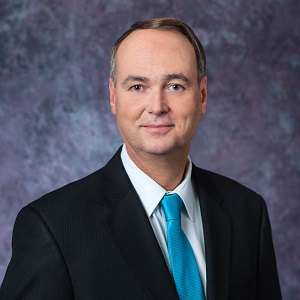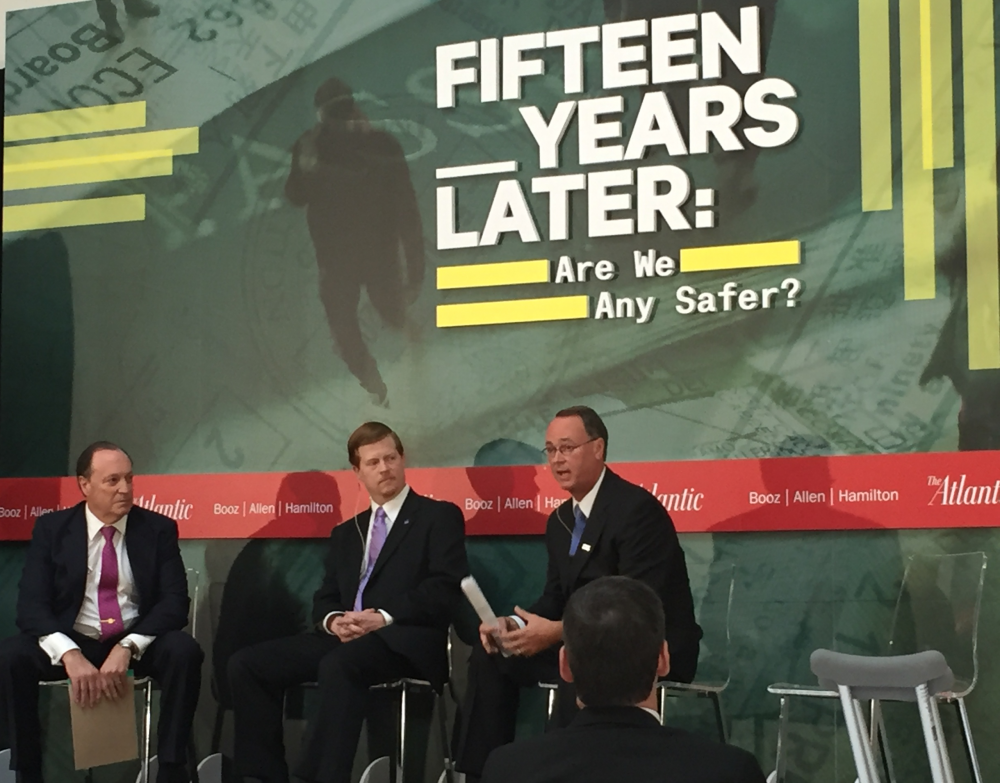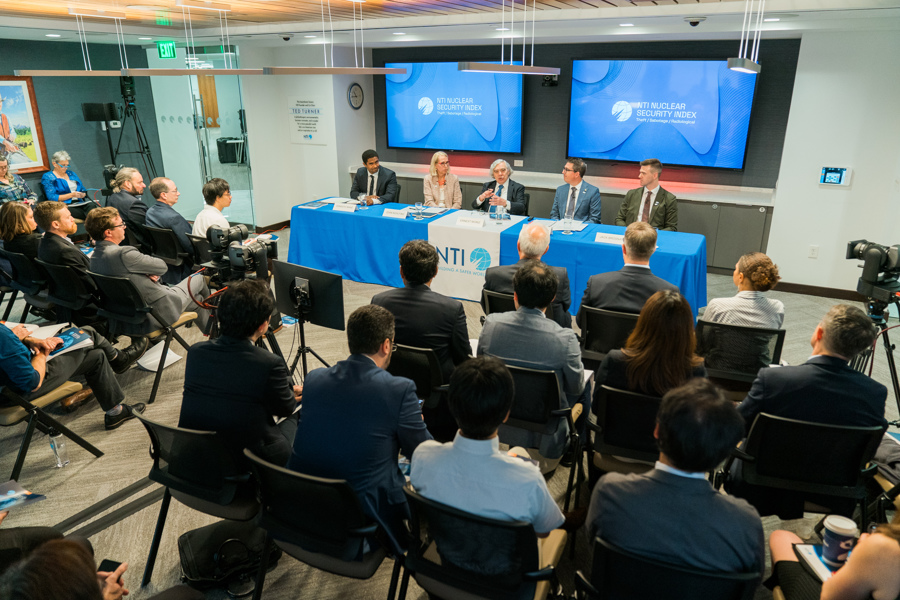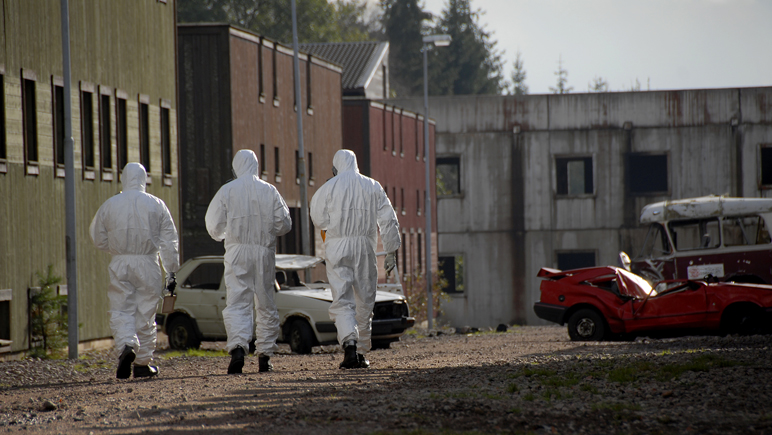
NTI’s Andrew Bieniawski Discusses the Dirty Bomb Threat with The Atlantic’s Steven Brill

NTI’s Andrew Bieniawski, Vice President of Material Security and Minimization was interviewed by The Atlantic’s Steven Brill at an event in Washington, D.C. entitled, “Are We Any Safer?” which examined the strengths and remaining vulnerabilities of the U.S. security apparatus and ability to prevent the next terrorist attack—or recover from it.
Bieniawski outlined the continuing threats posed by unsecured radiological material and the possibility of a dirty bomb detonation.
Bieniawski explained that radiological materials, often used peacefully for medical or commercial purposes, are located at thousands of sites in more than 100 countries, many of them poorly secured. He noted that these are vulnerable to theft by terrorist organizations seeking the materials for a dirty bomb, and he urged federal agencies to devote more resources to securing radiological materials and greater public awareness.
Watch a video of the event (Bieniawski’s segment is video 8/11 in the playlist), or learn more about how we can address the dirty bomb threat.
Stay Informed
Sign up for our newsletter to get the latest on nuclear and biological threats.

Nuclear Security Conditions are Regressing in Dozens of Countries, according to 2023 NTI Nuclear Security Index
“The bottom line is that the countries and areas with the greatest responsibility for protecting the world from a catastrophic act of nuclear terrorism are derelict in their duty,” the 2023 NTI Index reports.
Treatment, Not Terror
A new article by the James Martin Center for Nonproliferation Studies examines how the international community could re-imagine medical treatments to reduce the risk of radiological terrorism.

Nunn and Bieniawski Publish Washington Post Op-ed on Dirty Bomb Threat
Sam Nunn and Andrew Bieniawski encourage governments to pay closer attention to the threat posed by a terrorist "dirty bomb" in an op-ed for The Washington Post.

